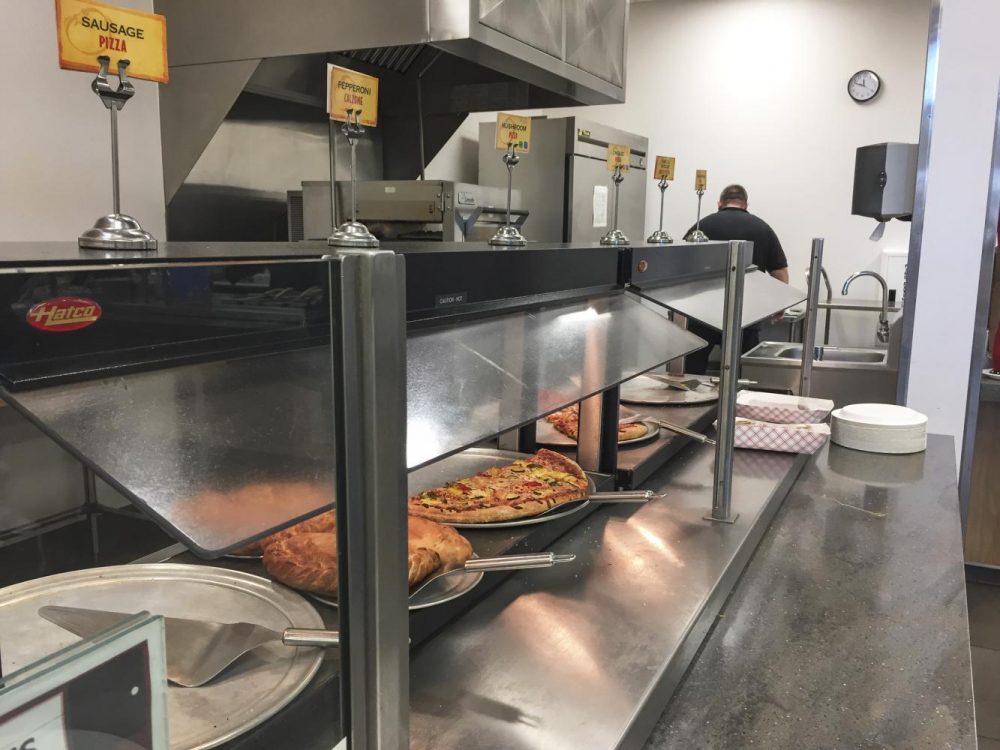Walking through the doors of the Student Center, a waft of conspicuous scents and sounds swirl about—the ever recognizable crackle of Subway sandwich wrappers, students chattering loudly over lunch, and a dissonant medley of fried foods.
A salad bar, the “Garden Burger” and a sparse display of plastic-wrapped fruits are available in the American River College cafeteria, which leaves the health conscious or dietary-restricted students with options that are few and far between.
But, there could be a diversion from routine college food fare. A program focusing on health-conscious cooking featuring produce grown by the students would be a great project that would increase student awareness of the advantages of harvesting hand-grown vegetables, as well as interest in the environmental and health-related aspects of farming.
In the moment, a candy bar, soda or fries are an appealing quick fix for tired college students, yet what follows the sugar-induced burst of energy is an afternoon of foggy lethargy, further hindering one’s ability to focus.
Contrary to popular belief, healthy eating is not all kale, quinoa and kombucha –conscious consumption can be flavorful and appetizing. A wholesome diet consists of several light meals throughout the day with an equal balance of healthy fats, carbs and protein such as lean meats, beans or fish. Moderation and awareness of your food and lifestyle, rather than restriction, is key.
As such, the Horticulture and Culinary Departments should collaborate on a potential future course in which students have the opportunity to harvest produce from the campus garden, and learn how to use a variety of different vegetables and fruits in a cooking class. This would teach students the value of self-sustainability, as well as the environmental advantages of harvesting produce according to their natural seasons rather than having year-long accessibility.
Not only is there a sparse offering for those with restrictive diets, the lack of diversity also affects students who suffer from food allergies.
Personally, I have limited cuisine choices due to health issues, but the lack of diversity available at American River whittles it down even further. I have a treasure trove of food allergies varying from gluten and dairy intolerance, and even a hypersensitivity to sugar.
According to FARE, or Food Allergy Research and Education, an estimated 15 million Americans live with one or more allergies, and even more are at risk. A study conducted by the Center for Disease Control and Prevention details that allergy diagnoses have increased by half from 1997 to 2011, with peanuts, dairy and shellfish being some of the most common culprits.
Some students do not have the time, resources or energy to prepare meals each day, which leaves students with the limited options the cafeteria has to offer.
While there are other dining options on campus, the Student Center is definitely a hub of activity and attracts a majority of the student body due to its central location and various uses other than dining.
With Sacramento recently dubbed “America’s Farm to Fork Capital” and the abundance of agricultural opportunity at ARC’s horticulture department, our easily accessible resources should be utilized. The benefits students would gain by learning the journey from seed to table are endless, and would be an interactive course for students and staff alike.











